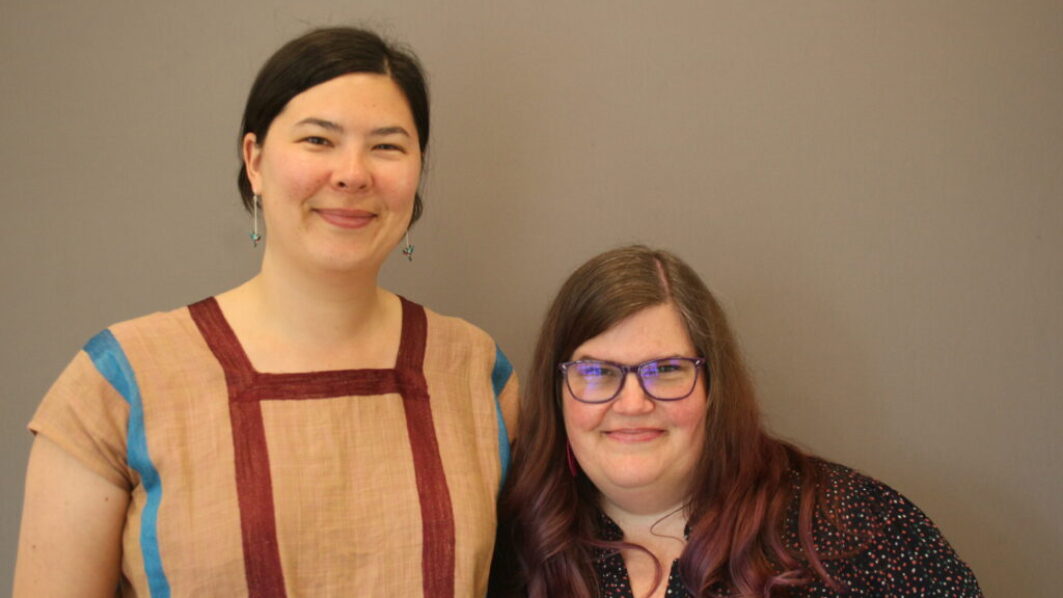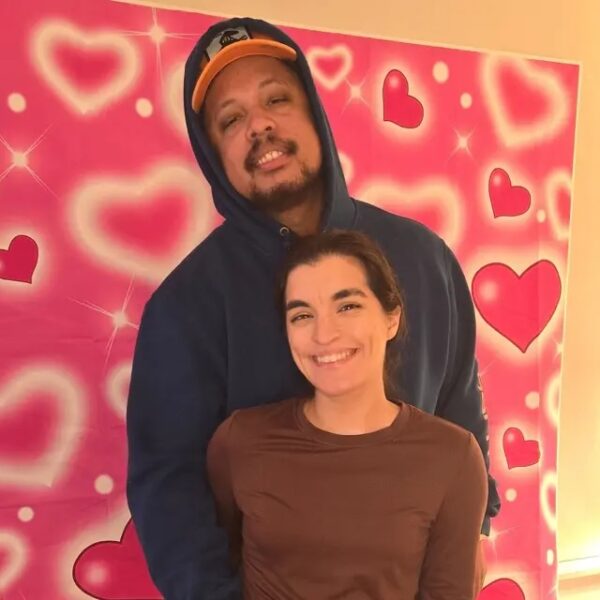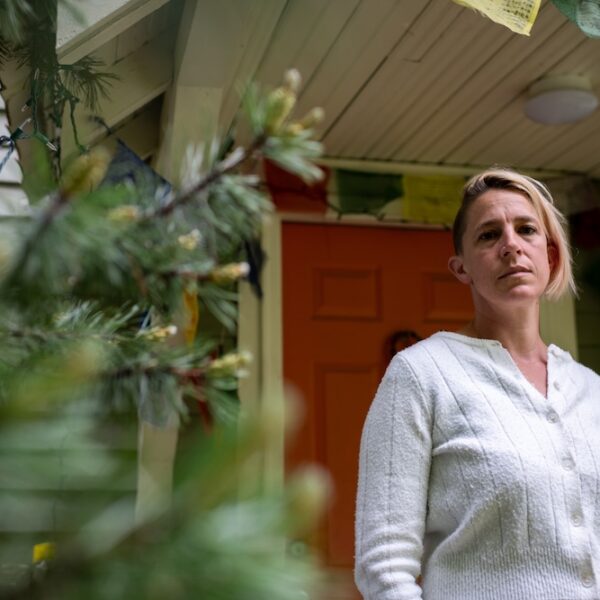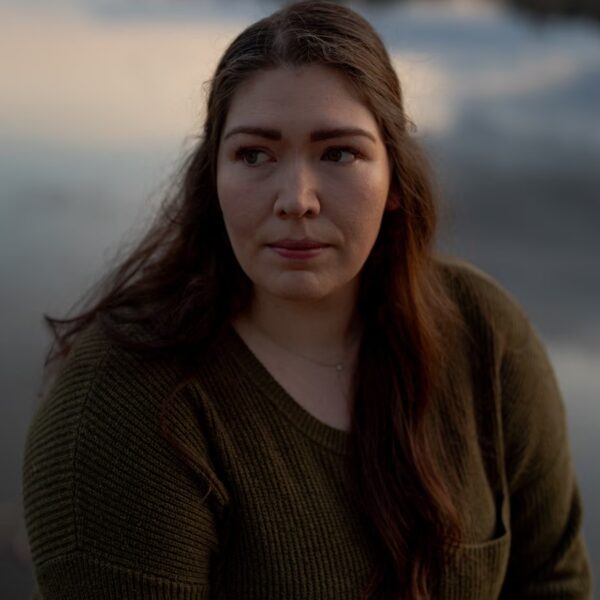
For one Louisiana mom, speaking out about reproductive health care is a way of honoring her son’s memory
In the context of Louisiana’s current legal and political environment, the story of Ginny Engholm’s 2009 abortion is unique: She got the care she needed, and felt comforted and supported by her doctors.
For Ginny, sharing her experience years later still brings up a range of emotions. At the time, she and her husband, Scott, were thrilled to be expecting a baby. But at their 20-week ultrasound appointment, they learned that their son had a condition called Trisomy 18. “It’s what’s called a catastrophic fetal diagnosis,” Ginny recounted to StoryCorps producer Mia Warren. “Which basically means that it’s considered incompatible with life.”
But in Louisiana in 2009, long before Roe v. Wade was overturned, Ginny recalled, “if … you decided that you wanted to end the pregnancy, they would admit you to the hospital like they do any other mother. They would induce you.”
“After everything happened, you feel you have to defend yourself, because people think such horrible things about people who make this choice,” Ginny said. “And post-Roe, I was surprised at how much pain I felt and honestly, how much I would think about [my son] Harrison and feel those emotions again. And the thing that really made it so hard is just knowing that there are women all over the state and the country who are going through the terrible experience that I had. And they’re going through it in circumstances even worse.”
Ginny remembered her son Harrison in a conversation recorded by StoryCorps Studios as part of Abortion in America’s collection of interviews with people in Louisiana about the ways in which the state’s abortion ban has affected their lives. This project was produced in collaboration with Glamour and the Newcomb Institute at Tulane University.
I think that people put late-term abortion in a very specific box and they don’t know that many, many women that they know probably had one.

‘Traumatized’: Northern California woman sues Catholic hospital group, alleging 2 emergency abortion denials

Idaho banned abortion. Three years later, minors and seniors struggle to get routine care
